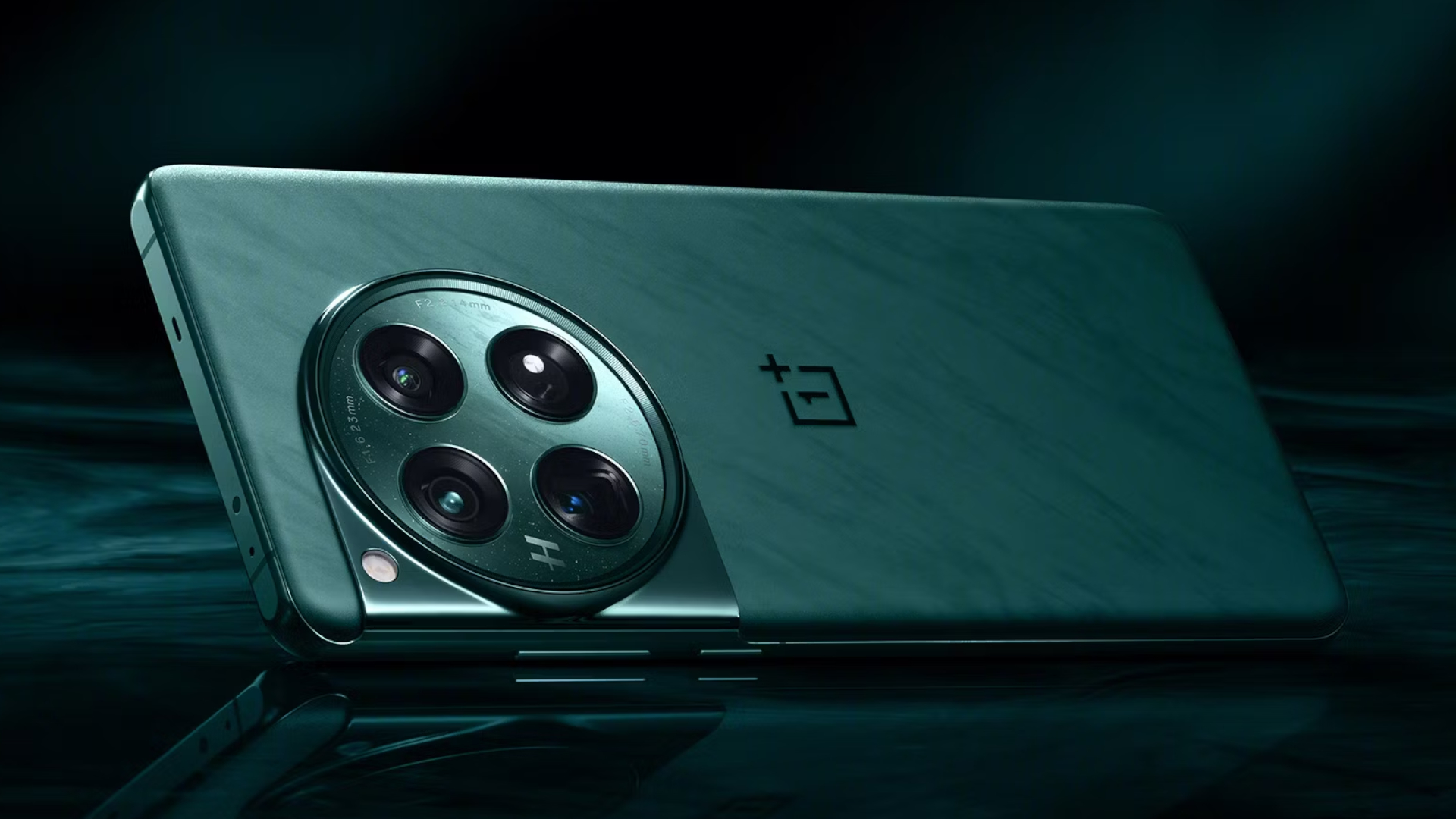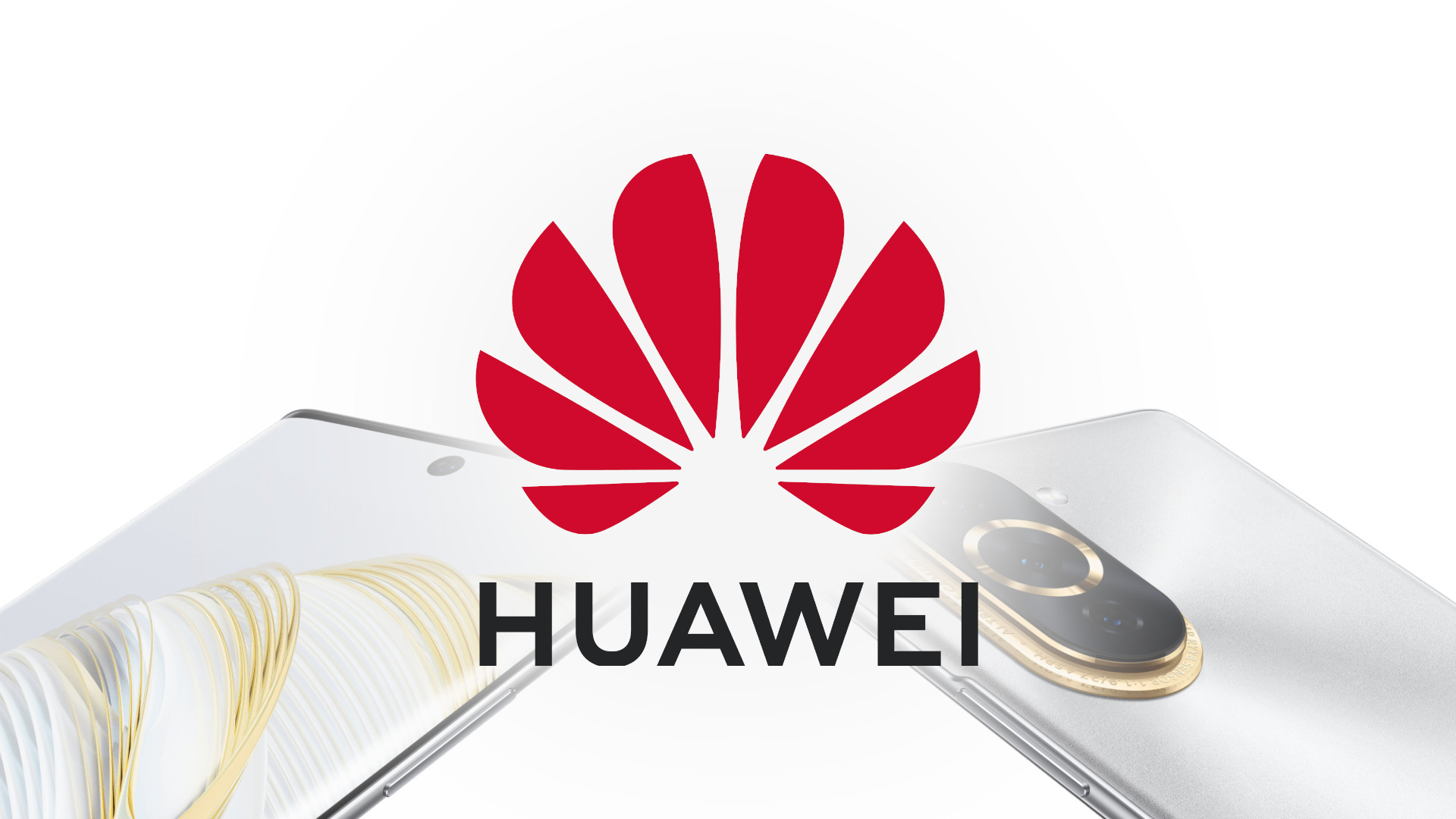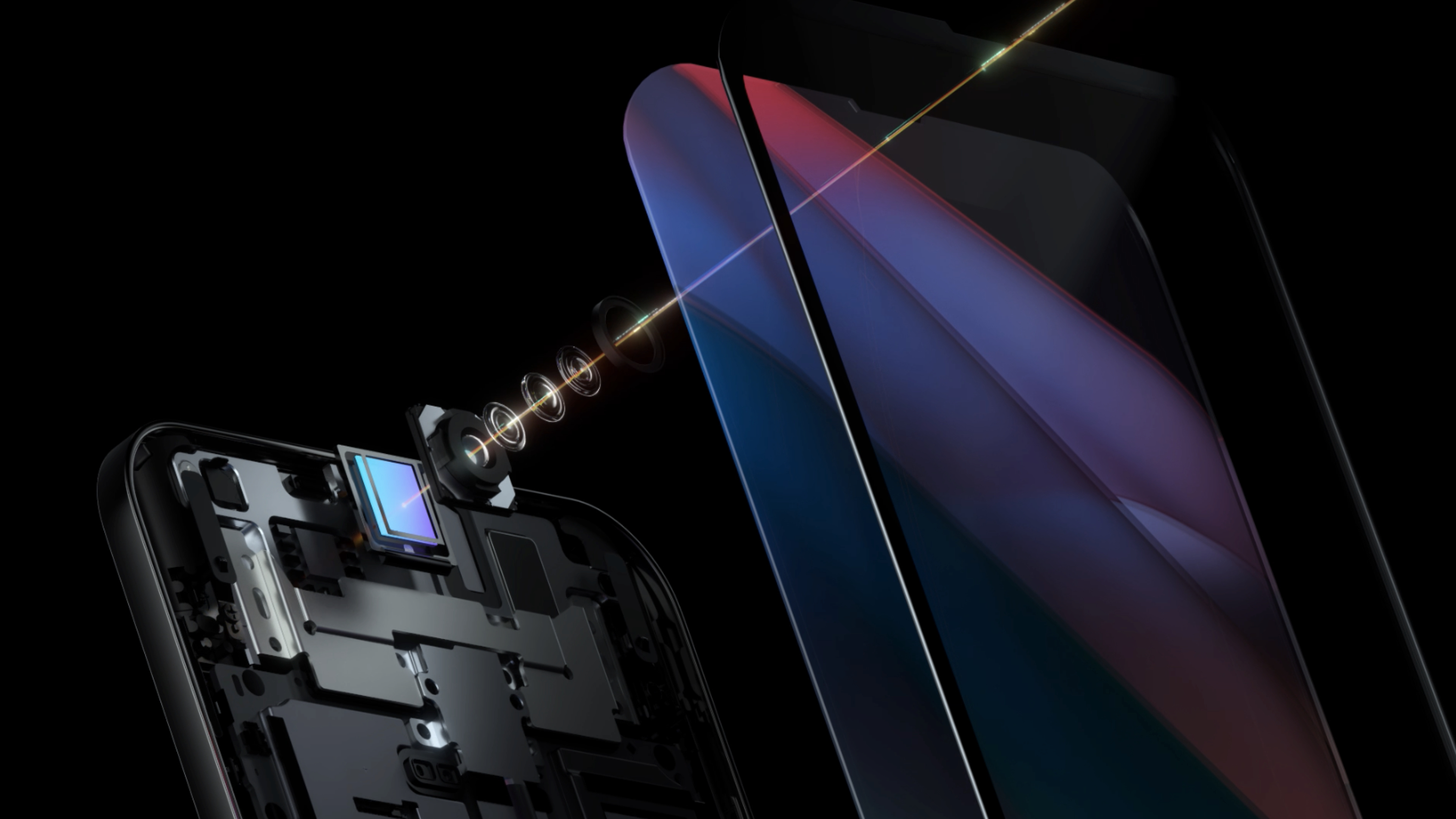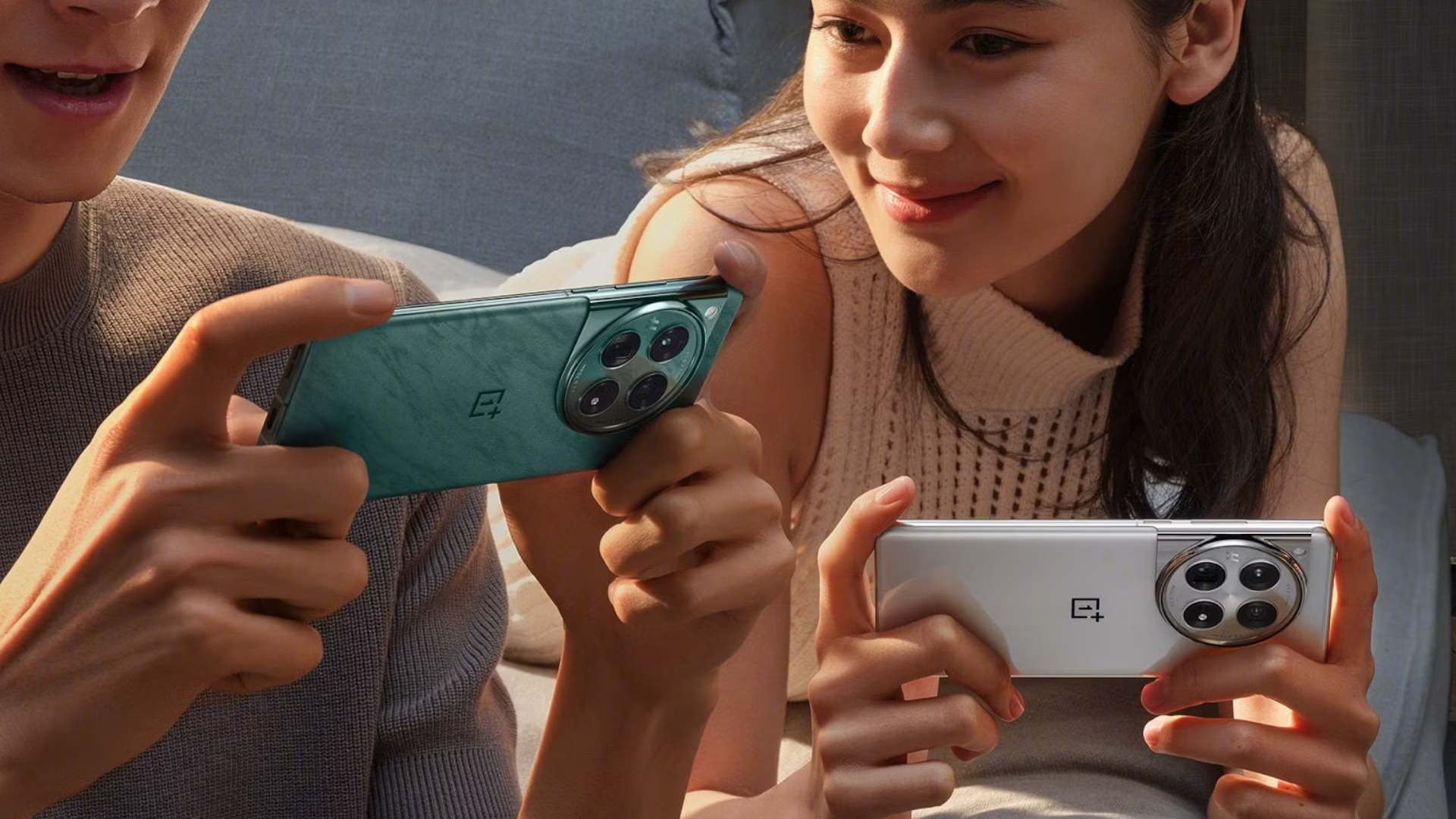Samsung Galaxy S24 Ultra: Can the OnePlus 12 succeed where others have failed?
Could the Galaxy S24 Ultra have Sam-sung its swan song?

Sign up to receive The Snapshot, a free special dispatch from Laptop Mag, in your inbox.
You are now subscribed
Your newsletter sign-up was successful
The Galaxy S24 Ultra is set to be Samsung’s most impressive smartphone to date, and we’re less than a month away from its official Galaxy Unpacked reveal.
With Apple and Google preferring to reveal the latest iPhones and Pixels later in the year, this is typically the time of year when Samsung can bask in the spotlight and let its latest hardware catch the awe and wonder of consumers the world over.
Except this year is different. Things might not be as cut and dry this time around as Samsung is likely to forcibly share the limelight with another similarly spec’d flagship-level device releasing alongside it: the OnePlus 12.
Samsung: The biggest phone manufacturer in the world
Samsung is no stranger to aggressive competition, as the Android hardware market is littered with the aluminum carcasses of its fallen foes. There’s a high chance that if Samsung is perched on a throne atop the Android smartphone market, then it’s made of the bones of Nokia and BlackBerry, among others.
You don’t have to go back too many years to see Samsung competing with LG and Motorola for the Android crown. No prizes for knowing how those particular skirmishes turned out either.
Since then, LG has fully given up the ghost and Motorola is only just beginning to dip its toe back in the flagship market. As for Huawei, the company is a shell of its former self and still struggling to pull itself back together after brutal international sanctions were levied against it in 2019.
Don’t worry, reader. I know what you’re thinking: “What even is Huawei?!” Don’t worry, I’ve got you covered. How about a brief history lesson?
Sign up to receive The Snapshot, a free special dispatch from Laptop Mag, in your inbox.

Huawei: The biggest phone manufacturer (that you’ve never heard of)
Chinese tech company Huawei had at one point in time overtaken Apple to become Samsung's closest rival in the global smartphone market.
Yes, that was a thing that actually happened as recently as 2019. As strange as it may sound today, a number of projections had Huawei poised to completely overtake Samsung in global market sales. Weirder still, in 2020 it actually did. How? Well, that’s easy. Every time Samsung would release a smartphone, Huawei would too. With similar (if not better) specs and for a much cheaper price. It’s a simple game plan, but nevertheless incredibly effective.
Huawei would take advantage of cheaper Chinese labor and shipping costs to undercut Samsung. It’s how it could rival Samsung’s flagship smartphones with its own while still targeting a budget-conscious audience – and it was playing out spectacularly well…
Right up until it wasn’t.
Just as Huawei’s star was rising to all-new heights, the U.S. government realized that this particular star was five-pointed, red, and emblazoned with a hammer and sickle.
Huawei was seen as a potential security risk after reported links to the Chinese government surfaced and, after years of political pressure against companies to avoid conducting business with the brand, it was officially banned from working with any organization that operates within the United States in 2019.
The aftermath of which absolutely cratered Huawei’s market share, leaving the company ostracized by much of the tech world, and completely unable to work with the likes of Google. And by cratered, we mean cratered. Huawei’s market share dropped from an all time high of 17% in 2019 to a lowly 4.7% and falling as of April 2023.

Same tactics, new faces
I don’t exactly need to implant a spoiler tag in this article to tell you that as a result of Huawei’s collapse Samsung was once again safely back in the saddle and holding the reigns of the smartphone market. As of Q3 2023, Samsung retains a majority 20% share of the market. However, while the threat of Huawei clipping at its heels has long since passed, Samsung has a new set of faces to contend with including Xiaomi, Vivo, and Redmi.
It’s here where we reintroduce OnePlus, another Chinese brand with a focus on delivering flagship-level smartphones at affordable prices. In fact, it’s almost as if OnePlus inherited Huawei’s playbook and is running it page by page – unrestricted by the same pressures and stigma of the former market leader.
Celebrating its tenth birthday this month, OnePlus isn’t exactly the new kid on the block, but it has taken significant strides in the last few years by releasing the likes of the OnePlus 11 and OnePlus Open. Once a brand almost solely revered by the Android modding community, the “flagship killer” is hoping to go mainstream, with its hardware execution now rivaling the likes of Samsung and Apple.
Having recently been released in China, the OnePlus 12 is the brand’s latest flagship smartphone and it’s set to arrive worldwide in Jan. 2024. This conveniently clashes with the release of Samsung’s Galaxy S24 Ultra – and not just by way of release date.
The flagship killer returns
Let’s just state the obvious in advance: the OnePlus 12 is designed to be a flagship killer. It’s a machine made of metal and glass, and fabricated with only one purpose in mind: upstage the Samsung Galaxy S24 Ultra at all costs.
Both phones will find their global release at similar times, both phones will be outfitted with Qualcomm’s Snapdragon 8 Gen 3 processor, both phones will feature 6.8-inch OLED displays, and both phones will feature impressively spec’d camera arrays.
Want to know what sets the two apart? From what we know so far, the Samsung Galaxy S24 Ultra’s top configuration will cap out at 12GB of RAM and 1TB of storage. Which is impressive, until you learn that the OnePlus 12 will similarly feature 1TB of storage but up to 24GB of RAM!
But wait, that’s not even the best part. If you want to secure yourself the OnePlus 12 in its highest configuration it may only set you back ~$815 – which is $384 less than the base S24 Ultra (if it retains the same price as the Galaxy S23 Ultra that came before it). Samsung, consider yourself upstaged.

History repeats itself?
Here’s the point in our story where that little history lesson about Huawei floats back into the room to haunt us like a specter. The last time we saw Samsung face up to a brand willing to undercut and outperform them in this manner, the Chinese brand came out on top.
To many, Samsung’s reclaiming of the smartphone throne only came by way of the extenuating circumstances surrounding the political and international pressures placed on Huawei. Had those incidents never been an issue, then today’s smartphone market could look incredibly different.
OnePlus, while following the ‘Huawei handbook on Samsung slaying,’ doesn’t have the same Stateside shackles applied. Leaving it free to pursue Samsung relentlessly across any and every continent it sees fit.
Outlook
In spite of all this, the OnePlus 12 won’t have an easy go of things when it comes to converting the Samsung faithful. The smartphone market seems like a completely different place in the present day, and brands like Apple and Samsung have practically solidified themselves as the only two mainstream options.
It’s a sad and unfortunate truth. One that even the likes of Google have had to contend with — as its marketing department is likely one step away from incorporating Subway Surfers footage into its next batch of ads, just so people might actually begin to pay attention to its genuinely impressive Pixel phones.
OnePlus may be offering a similarly spec’d phone at a cheaper price, but that may not matter in the face of the brand recognition Samsung has built up over the years. And, if we were to be completely honest with one another, if people made their purchasing decisions on specifications and price alone then brands like Apple would’ve become extinct many moons ago.
People like what they’re familiar with. Or, whatever has a little Apple on it. In 2023, brands aren’t so much competitive options for your cash as they are tribes you join and fiercely defend to the death within inconsequential Reddit and Twitter/X threads out of either blind loyalty or some sort of manifestation of the Sunken Cost Fallacy. That kind of conditioning is hard to break, and could be one of OnePlus’ biggest hurdles.
Could OnePlus topple Samsung’s best phone to date in the Galaxy S24 Ultra? Anything is possible, I suppose. The OnePlus 12 is a formidable device, and definitely deserves as much of a look-in as Samsung’s upcoming flagship. Will that be enough to beat Samsung, however, another question entirely – potentially one that can be answered only when both devices are released next year.

Rael Hornby, potentially influenced by far too many LucasArts titles at an early age, once thought he’d grow up to be a mighty pirate. However, after several interventions with close friends and family members, you’re now much more likely to see his name attached to the bylines of tech articles. While not maintaining a double life as an aspiring writer by day and indie game dev by night, you’ll find him sat in a corner somewhere muttering to himself about microtransactions or hunting down promising indie games on Twitter.
